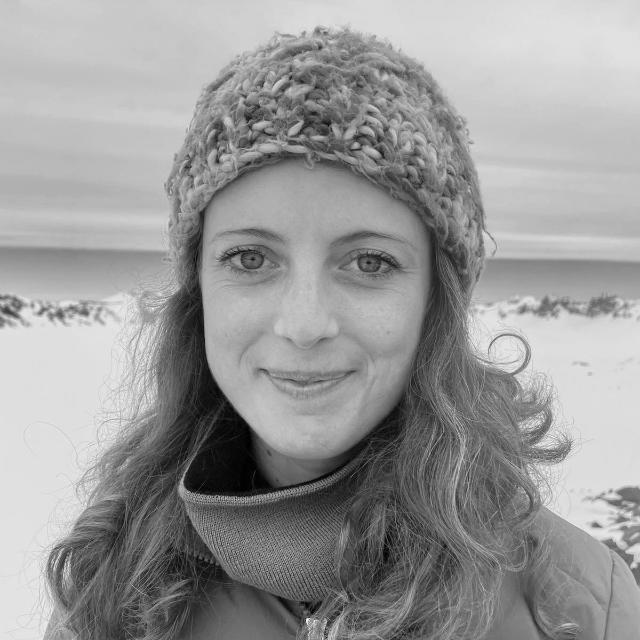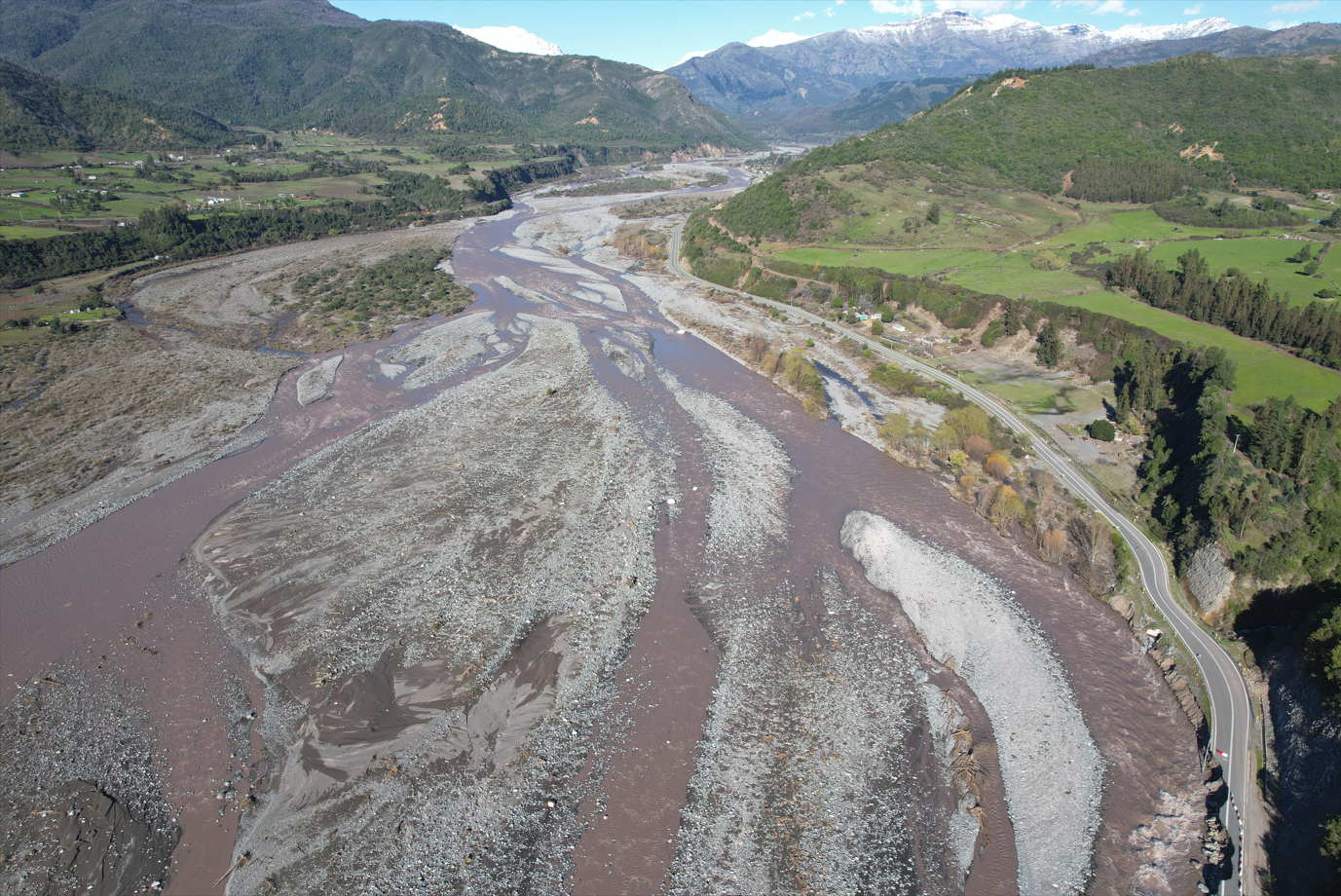Staff profile

Biography
I am a geomorphologist working across disciplines to interrogate the impact of climate change on the evolution of mountain landscapes and their rural communities. My research is currently focused on Chile and understanding how climate drives the movement of sediment along semi-arid mountain rivers. My interest is on the role of extreme weather events in intiating and propogating hazardous sediment cascades through mountain ranges and downstream, into populated areas.
Throughout my research I have been examining the impact of climate on the Andes of Chile and Argentina across different time scales through combining field data with statistical and numerical modelling. This has included an exploration of:
- How climate and tectonic signals are preserved in sedimentary records
- How postglacial catchments evolve under spatial variability in climate
- How climate modulates the building of Andean topography
- How extreme climate events contribute to the evolution of sediment routing systems and the cascading of sediment hazards
I also have an ongoing interest in engaging with decolonial scholarship and the critical geographies that explore alternate knowledges of human-landscape relationships. I am working with rural communties in Chile to develop knowledges and tools that can support the creation of disaster risk reduction strategies that are inclusive and focused on the long term management of climate change impacts. Enquiries of any form are welcome!

Drone image of the Rio Teno in Chile, taken just after an extreme weather event in July 2023 that forced the Maule region of Chile into a State of Emergency. In the nearby town of Los Queñes, local residents evacuated their homes as torrents eroded away houses and sections of road. Many were left isolated and without access to basic services.
Publications
Harries, R., Aron, F. and Kirstein, L. (2023) Climate aridity delays morphological response of Andean rivers to rock uplift, Geomorphology, https://doi.org/10.1016/j.geomorph.2023.108804.
Harries, R., Gailleton, B., Kirstein, L., Attal, M., Whittaker, A. and Mudd, S. (2021), Impact of climate on landscape form, sediment transfer, and the stratigraphic record, Earth Surface Processes and Landforms, DOI: 10.1002/esp.5075
see also:
Nature Review Highlight: Zinke, L. Stuck upstream. Nat Rev Earth Environ (2021). https://doi.org/10.1038/s43017-021-00147-x
Carretier, S., Guerit, L., Harries, R., Regard. V., Maffre, P. and Bonnet, S. (2020) The distribution of sediment residence times at the foot of mountains and its implications for proxies recorded in sedimentary basins, Earth and Planetary Science Letters, DOI: 10.1016/j.epsl.2020.116448
Harries, R., Kirstein, L., Whittaker, A., Attal, M. and Main, I. (2019) Impact of recycling and lateral sediment input on grain size fining trends: Implications for reconstructing environmental forcing from stratigraphy, Basin Research, DOI: 10.1111/bre.12349
Harries, R., Kirstein, L., Whittaker, A., Attal, M., Peralta, S. and Brookes, S. (2018) Evidence of self-similar bedload transport on Andean alluvial fans, Iglesia basin, south Central Argentina, Journal of Geophysical Research, DOI: 10.1029/2017JF004501
Publications
Journal Article
- Interdisciplinary perspectives on the intersections of roads, sustainable development, and disaster resilienceRobson, E. B., McGowran, P., Ruszczyk, H. A., Malamud, B. D., Simpson, E., Densmore, A. L., Denton, N., Chapplow, N., Gurung, P., Hall, T. E., Harries, R., Jenkins, J., KC, A., Kotter, R., Kumar, A., Limbu, B., Milledge, D., Porter, G., Rosser, N., … Woldearegay, K. (2025). Interdisciplinary perspectives on the intersections of roads, sustainable development, and disaster resilience. International Journal of Disaster Risk Reduction, 128, Article 105691. https://doi.org/10.1016/j.ijdrr.2025.105691
- The interplay of lithology, tectonics and climate in the morphology of CorsicaHarries, R. M., Lavarini, C., Kirstein, L. A., Attal, M., & Mudd, S. M. (2024). The interplay of lithology, tectonics and climate in the morphology of Corsica. Journal of the Geological Society, 181(5). https://doi.org/10.1144/jgs2024-031

